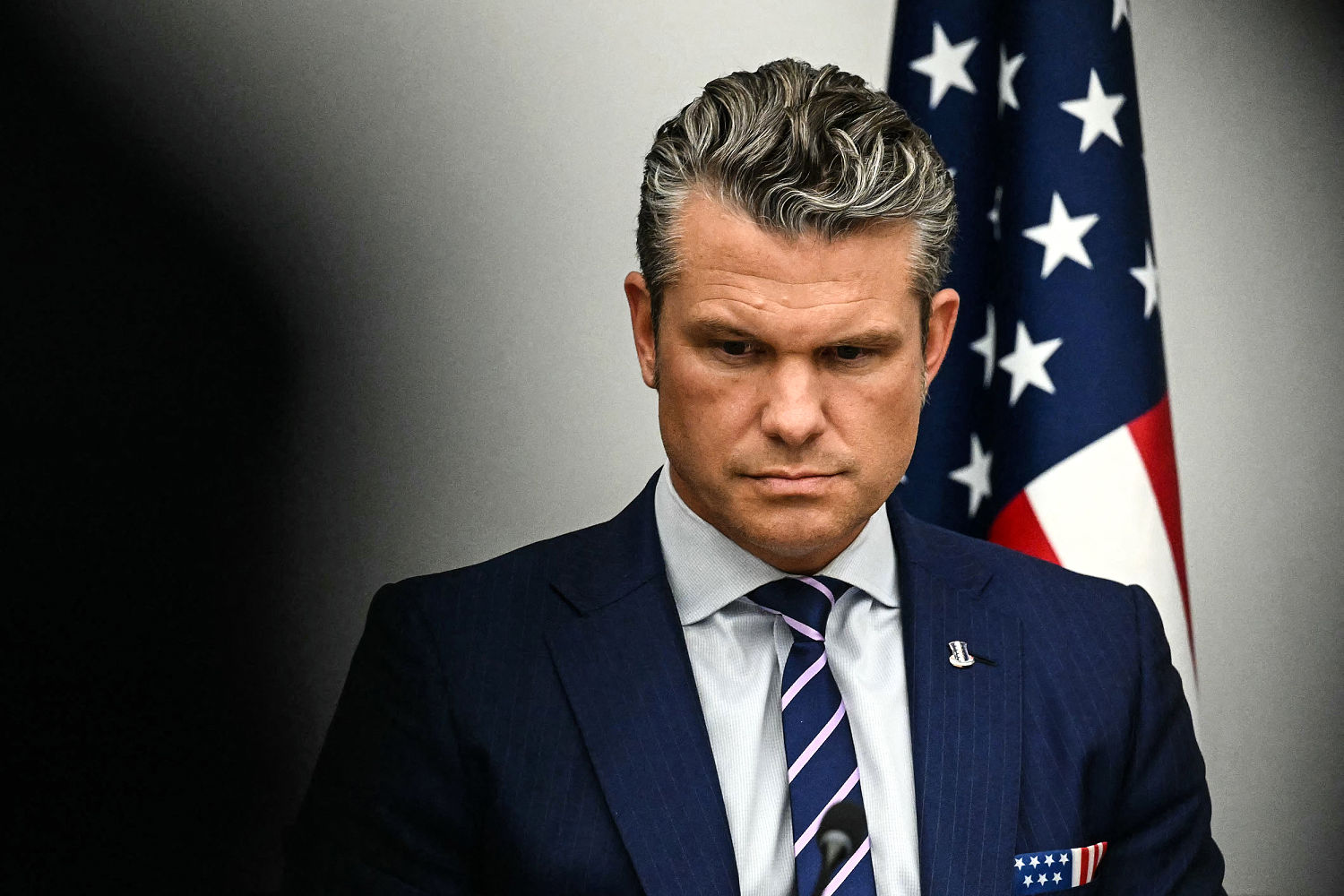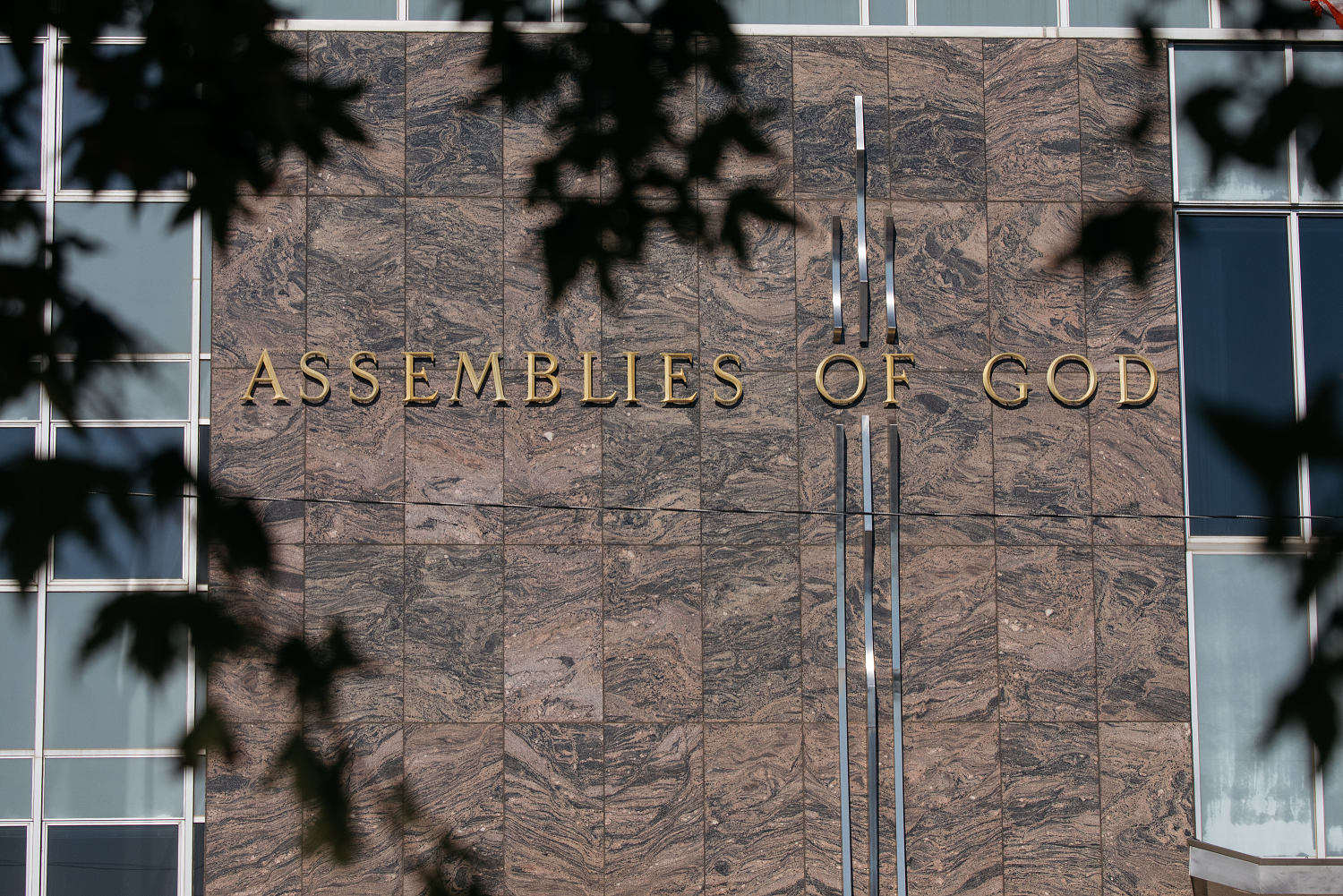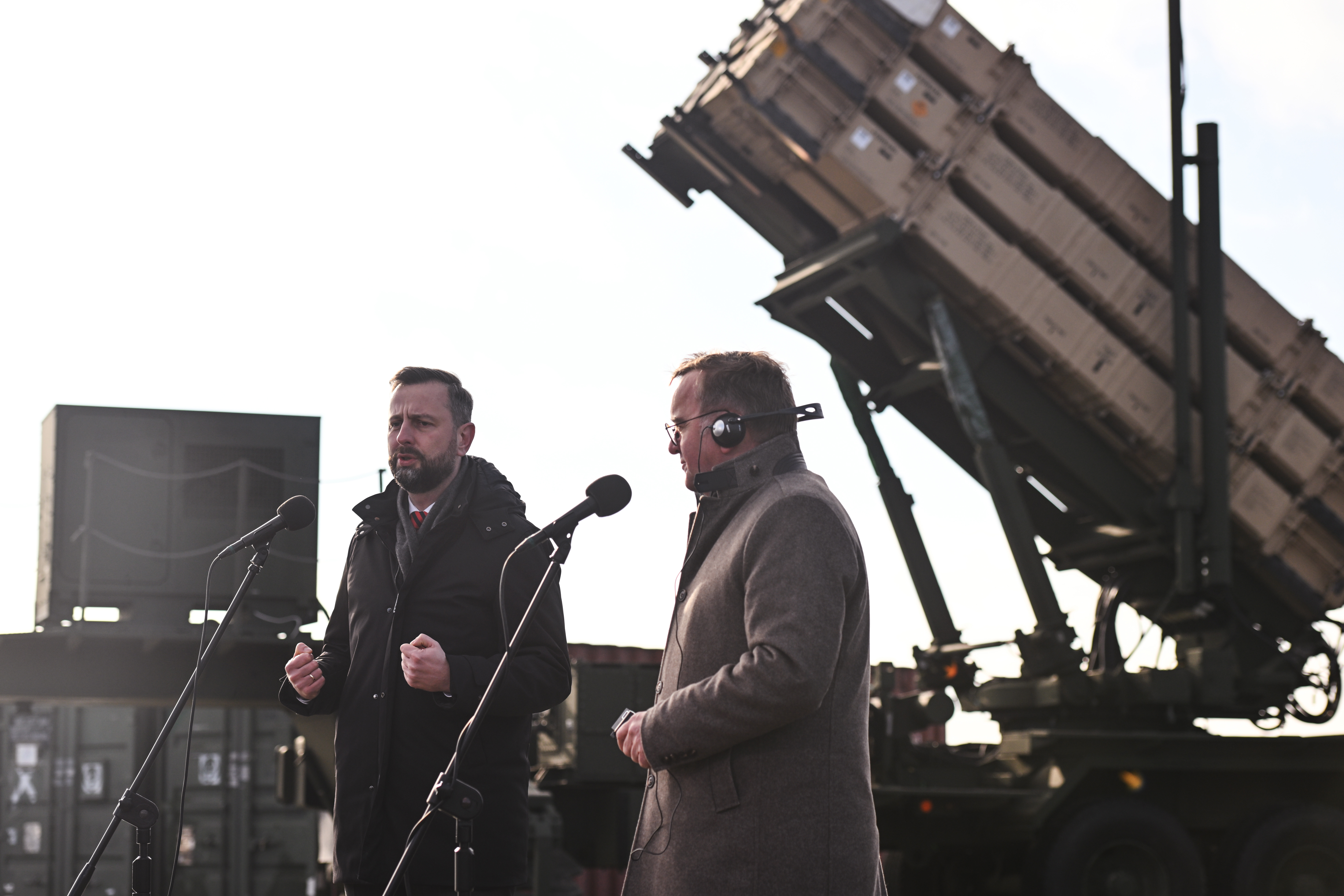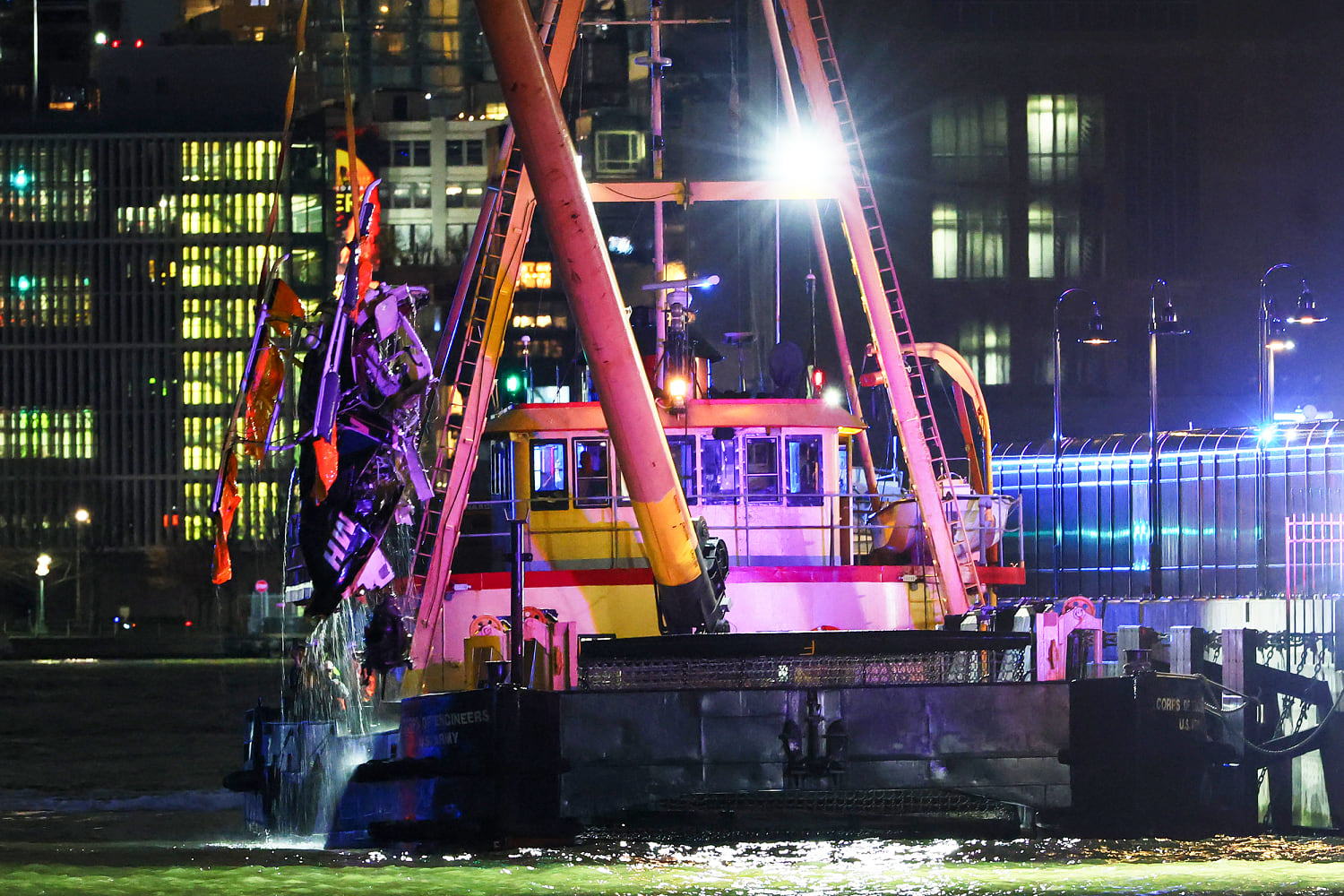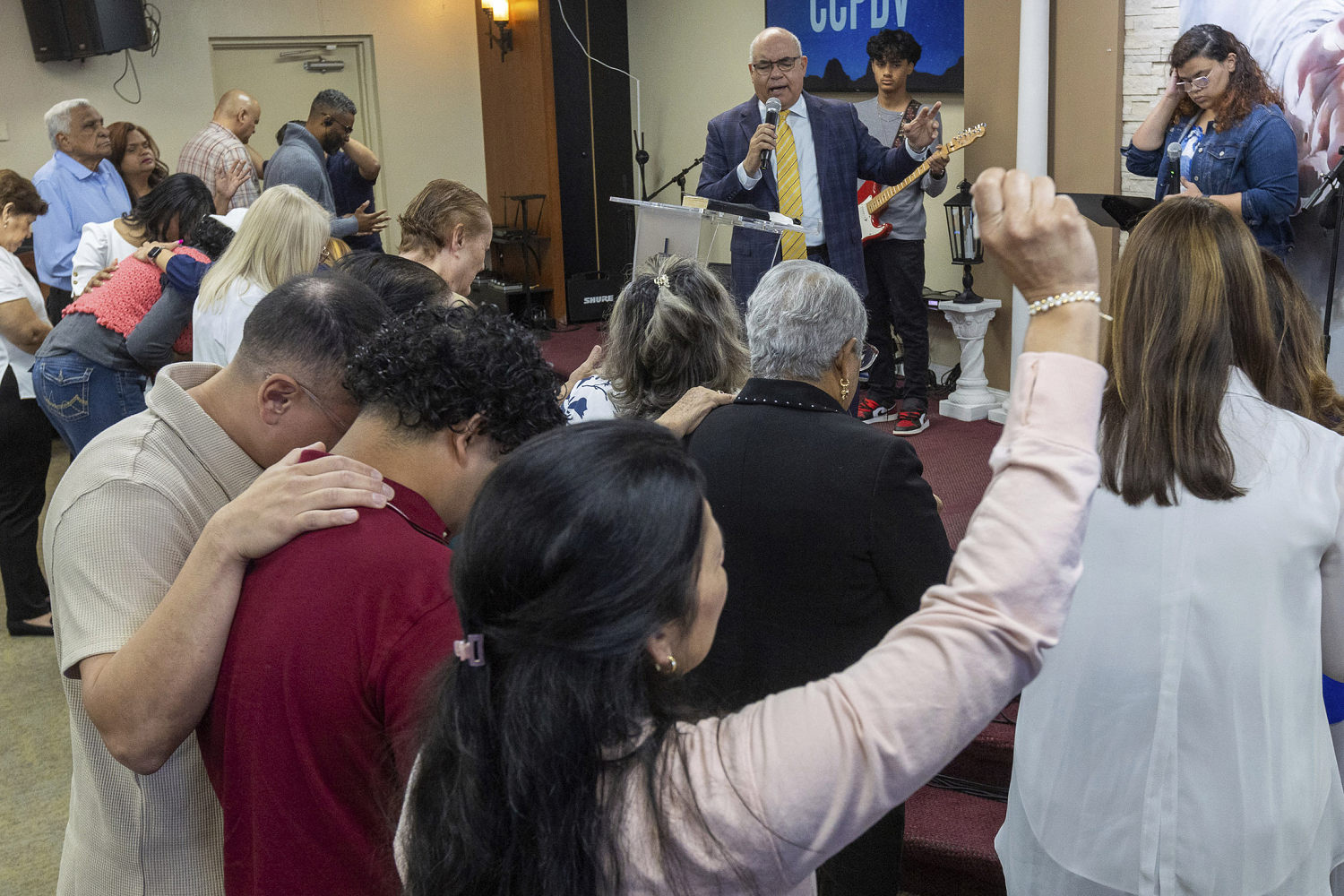French air force official says FCAS industry kerfuffle is overblown
“There are differences but don’t believe all you are reading,” said Brig. Gen. Phillipe Suhr, the French Air Force point man for the program.
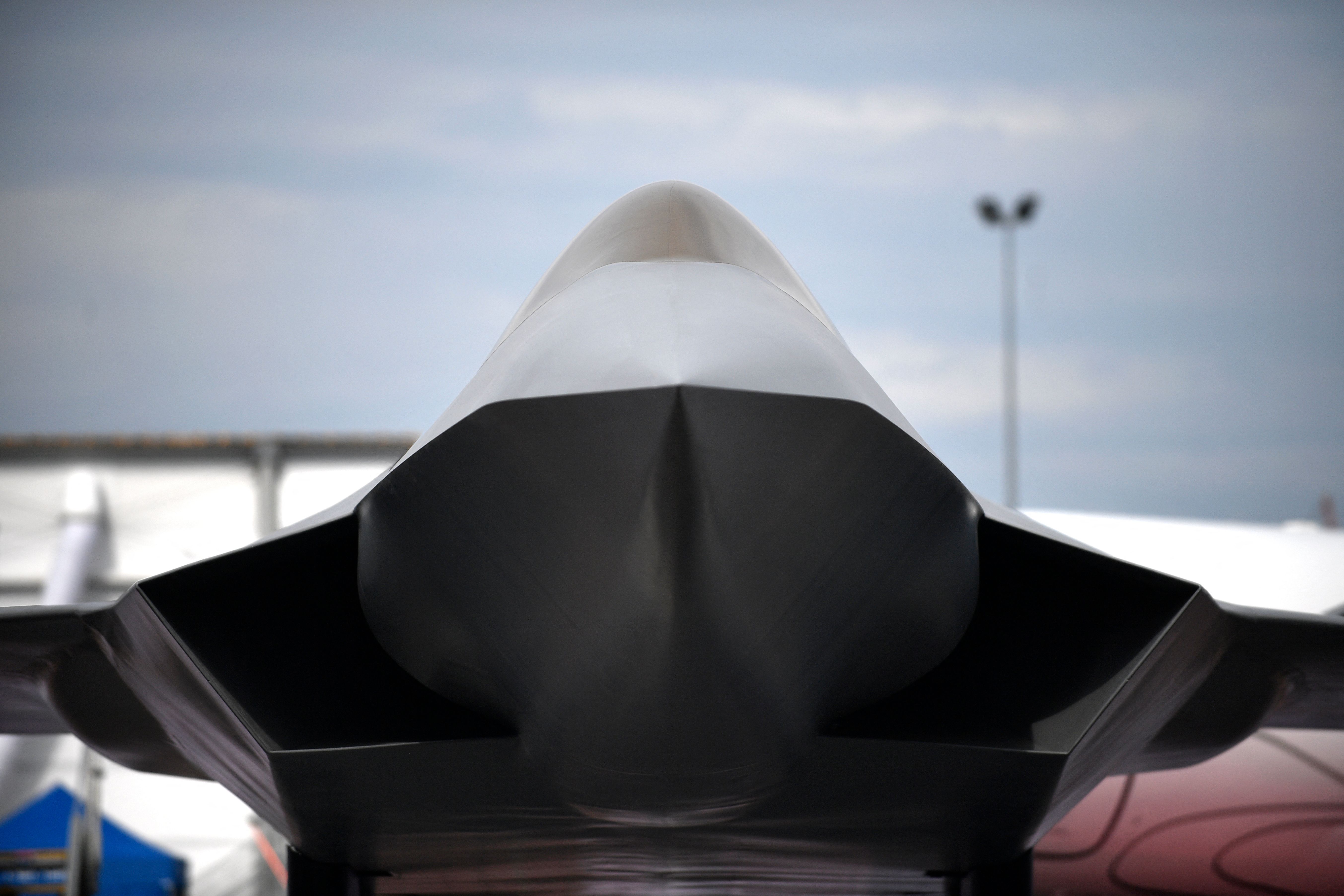
ROME — Reports of infighting between partners on the French-German-Spanish FCAS fighter program have been exaggerated and the platform will see the light of day with all members on board, a leading French air force official has said.
“There are differences but don’t believe all you are reading,” said Brig. Gen. Phillipe Suhr, the French Air Force point man for the program.
“We are still fully committed to this program with our partners and we will do our best to find a solution to move forward because we have to.
It is important to deliver in the 2040s,” he told reporters on the sidelines of the International Fighter conference in Rome.
Launched by France and Germany in 2017, with Spain subsequently signing up, the FCAS 6th-generation fighter is needed to replace France’s Rafales and Germany’s Eurofighters by 2040. But Germany and France have squabbled over control of the project, with French prime contractor Dassault pushing for a bigger stake.
Guillaume Faury, CEO of Airbus, which will contribute to Germany’s workshare, last month said Dassault should pull out if it was unsatisfied with its share.
“So if they’re not happy with what was decided and they don’t agree to continue in this setup, they are free to decide to move out of FCAS,” he said.
Suhr sought to play down the ruckus and said Dassault’s ambitions were more contained than reported. “When you read Dassault wants 80 percent, it is not reality,” he said.
As the continental FCAS program stalls, the parallel sixth generation GCAP fighter being developed by Italy, the UK and Japan appears to be making progress after the establishment of three industrial consortia to handle the work this autumn.
In a conference call with analysts on Wednesday, Italy’s lead contractor Leonardo said it will have booked over €1 billion in national contracts on the fighter program by December.
“Our competitors are slowing down,” CEO Roberto Cingolani told analysts.
Addressing the Rome International Fighter conference, one Italian military official provided insight on how Rome views GCAP as a chance to balance building sovereign technologies as well as sharing them with its U.K. and Japanese partners.
Col. Antonio Vivolo, the GCAP senior technical representative at the Italian defense ministry armaments office said that if nations were to keep abreast of fast changing, crucial technologies they needed a degree of national autonomy, even in partnerships like GCAP.
“The goal is not only to obtain a new fighter, the goal is to obtain and keep technological and industrial sovereignty so that when scenarios, threats and partners changes we can reconfigure our capability without renegotiating our freedom of action with a third party,” he said in his speech, which he cleared for publication.
“Without this depth of sovereignty, sixth-generation would remain a beautiful concept governed by someone else, and this was not an option,” he said.
At the same, he added, “By arriving at the table with a clear ability-based requirement set … We make ourselves a reliable, predictable and useful partner.”
What's Your Reaction?







